The Challenge of Violence
Also: Victory for democratic socialist Mamdani in NY. Why Lula wants another term. What Mexico will propose at COP30. The value of remittances drops 5.5 percent in nine months.
Lea La Jornada Internacional en español aquí.
No Easy or Quick Solutions
President Claudia Sheinbaum announced a “Michoacán Peace and Justice Plan” in response to the public assassination of the mayor of Michoacán’s second-largest city. She rejected a return to the failed war on drugs of the past, saying this is “a comprehensive strategy based on a deep conviction that security is not sustained through wars, but through justice, development, and respect for life. Peace is not built with force, but with people and respect for communities,” she declared.
However, she is still far from convincing many in this moment of anger and despair. The murder of Carlos Manzo Rodríguez, the independent mayor of Uruapan, while participating in the traditional Festival of Candles, part of the Day of the Dead celebrations, led thousands to march in protest against the inaction of the state’s governor, Alfredo Ramírez Bedolla of the Morena party, in the face of the worsening insecurity. In the days following the assassination, a chorus of thousands of voices also harshly criticized the federal government, President Claudia Sheinbaum, and Morena for their inaction on security issues.
The Michoacán Peace Plan includes strengthening the presence of the National Guard in the state, as well as improving coordination and cooperation between the federal and state attorney general’s offices. However, Sheinbaum acknowledged that the problems extend to many other areas, such as the extortion of producers—for example, avocado growers, among others.
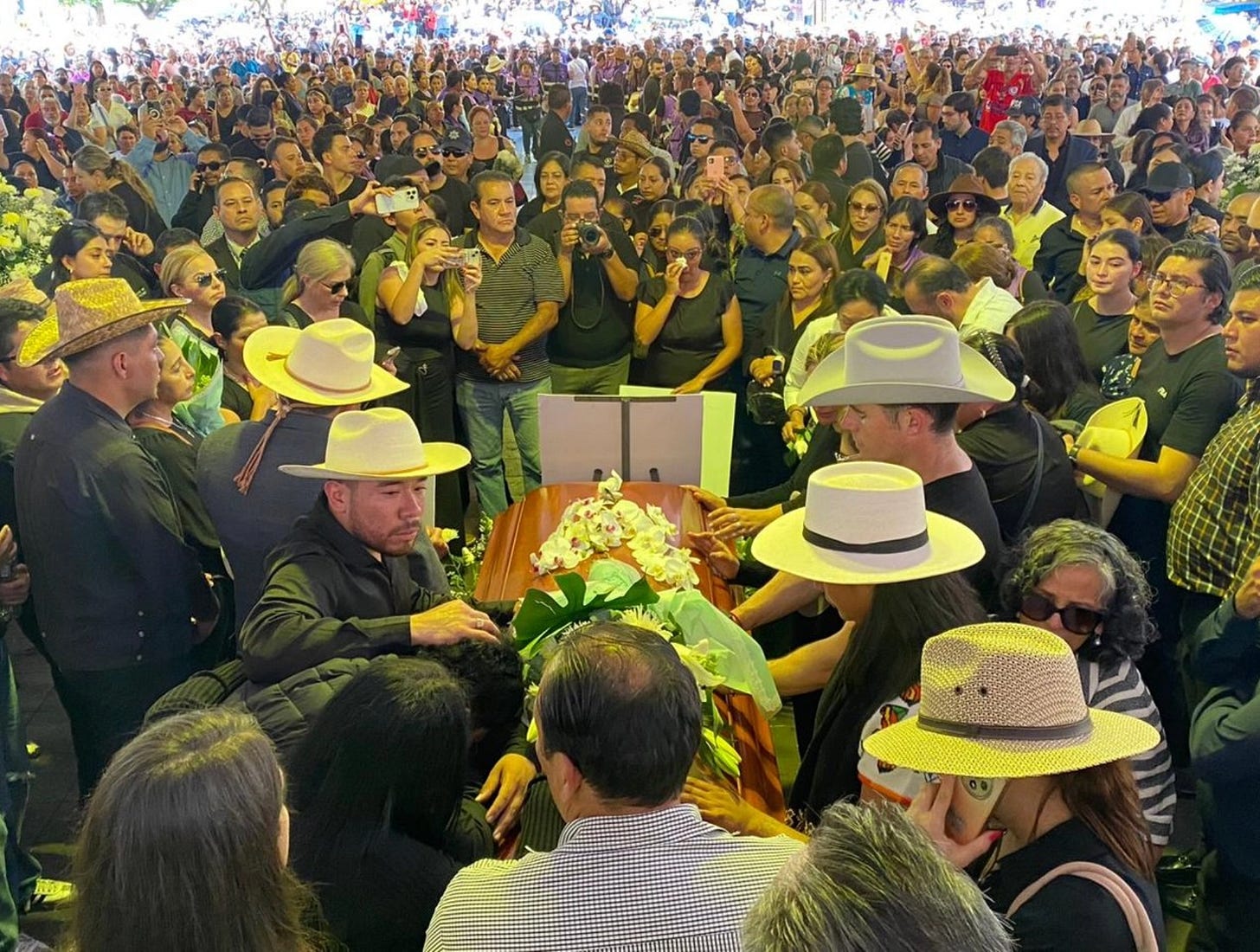
“We share this feeling, his cowardly murder pains not only his family and community, but all of Michoacán and the country,” declared the President. At the same time, she insisted that her national strategy is working. In the first year of her administration, the average daily number of homicides in Mexico dropped from 86.9 in September 2024 to 59.5 in September 2025, 27 fewer per day, representing a 32 percent reduction, according to government reports.
Still, everyone acknowledges that although there has been progress, the level of criminal violence in several parts of the country remains intolerably high. Two thousand kilometers from Uruapan, a woman is murdered every 30 hours in Baja California. Only 15 percent of those cases are investigated by the state prosecutor’s office as femicides; the rest are classified as intentional homicides. The pages of La Jornada continue to report killings and injuries in Oaxaca, Sinaloa, Chiapas, and other regions of the country.
The debate over how to address and confront violence has intensified, particularly because Mayor Manzo Rodríguez had been a critic of the Sheinbaum administration’s peacebuilding strategy—even going so far as to express support for the extrajudicial execution of alleged criminals.
On the other hand, the assassination has triggered international reactions—the least welcome coming from Donald Trump’s administration, which, according to the president, has suggested expanding U.S. involvement in the fight against organized crime in Mexico, a proposal she once again rejected.
For now, Sheinbaum and her government are moving forward with their patient strategy to address violence and insecurity, which includes: a special prosecutor’s office for high-impact crimes; biweekly security meetings with the national security cabinet; an alert system for mayors; and stronger mechanisms for anonymous reporting by victims of extortion. She also stressed that these measures must be accompanied by initiatives for economic development, guaranteed social security, and fair wages for agricultural workers, along with agreements with the productive sector to create additional centers of shared prosperity, among others.
“Although every life lost to gunfire is exasperating and unacceptable, objective data indicates that the current strategy for building peace is yielding results; it would be both contradictory and absurd to use the assassination of Uruapan’s mayor as a pretext to demand a return to public security policies that exponentially increased criminal violence and the power of organized crime,” concluded La Jornada in an editorial.
The Quote:
I am young…I am Muslim. I am a democratic socialist. And most damning of all, I don’t apologize for any of this.
-Zohran Mamdani, next mayor of New York.
In Case You Missed It
◻️ Mexico at COP30. Mexico will present a new National Climate Plan at the climate change summit in Brazil (COP30) which emphasizes incorporating the losses and damages experienced by populations facing increasingly extreme weather events. According to experts from environmental organizations, “no other country” had included this component in its policies to address the impacts of climate change. The Secretary of Environment and Natural Resources, Alicia Bárcena Ibarra, unveiled an agenda with seven priorities in total.
◻️ The value of remittances dropped 5.5 percent in nine months. Continued repression against the migrant community in the United States is driving a decline in remittance flows. This decrease has not been uniform across all states: while total remittance flows have declined overall, funds to Chiapas, Oaxaca, and Puebla have actually increased.
◻️ 850,000 people lifted out of poverty in Mexico City. During the previous six-year term, the percentage of people living in poverty in Mexico City fell by 10 points, and extreme poverty dropped from 19 percent to 9 percent. Two million people receive assistance from the city government’s social programs, of which 700,000 were added to this welfare network this year, including groups such as young children and adults aged 57 to 64, explained Head of Government Clara Brugada Molina.
◻️ Large corporations owe the tax authorities over one trillion pesos. Major corporations operating in Mexico, including Grupo Salinas, owe the tax authorities 1,176,975.8 million pesos, reported the Ministry of Finance and Public Credit. Tax credits represent the amounts that taxpayers reportedly owe, according to the Tax Administration Service (SAT).
◻️ Victory for democratic socialist Mamdani in NY. A Muslim immigrant promises an affordable and inclusive city for all. “I’m young… I’m Muslim. I’m a democratic socialist. I don’t apologize for any of this,” he declared. He highlighted that, for the first time, a city built by immigrants will have one in the mayor’s office. Large majorities turned out to vote in municipal and state elections across the country, decisively rejecting the policies of President Donald Trump.
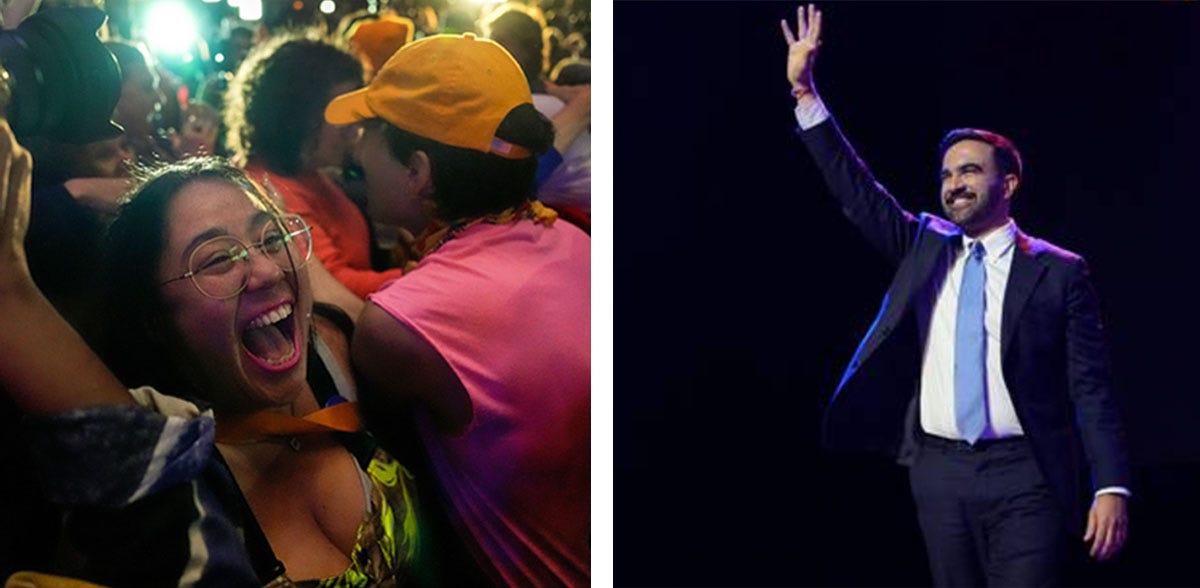
◻️ Why does Lula want another term? “What still persists as a strong element of neoliberalism is the presence of financial capital in its speculative form,” writes Emir Sader. “A fourth Lula administration should have, as one of its objectives, the elimination of this position still held by speculative capital, destabilizing it and moving Brazil from the current phase of anti-neoliberalism to a post-neoliberal phase that allows for higher economic growth, further job expansion, and the promotion of the democratic transformation of the Brazilian state.”
◻️ Mexico Now Festival in NY. “At a time when the world seems to be fragmenting and narratives often divide us, Mexico Now insists on building bridges,” said Claudia Norman, founder of the annual event. She added that the festival’s purpose is “to showcase the richness of contemporary Mexican creativity.”

◻️ Pre-Columbian art exhibition in Madrid. Half the World: Women in Indigenous Mexico is the largest pre-Columbian art exhibition ever held in Europe, featuring an exquisite selection of 435 pieces that aim to explain the immense legacy of indigenous peoples over 3,000 years of history, with a special focus on the role and importance of women.



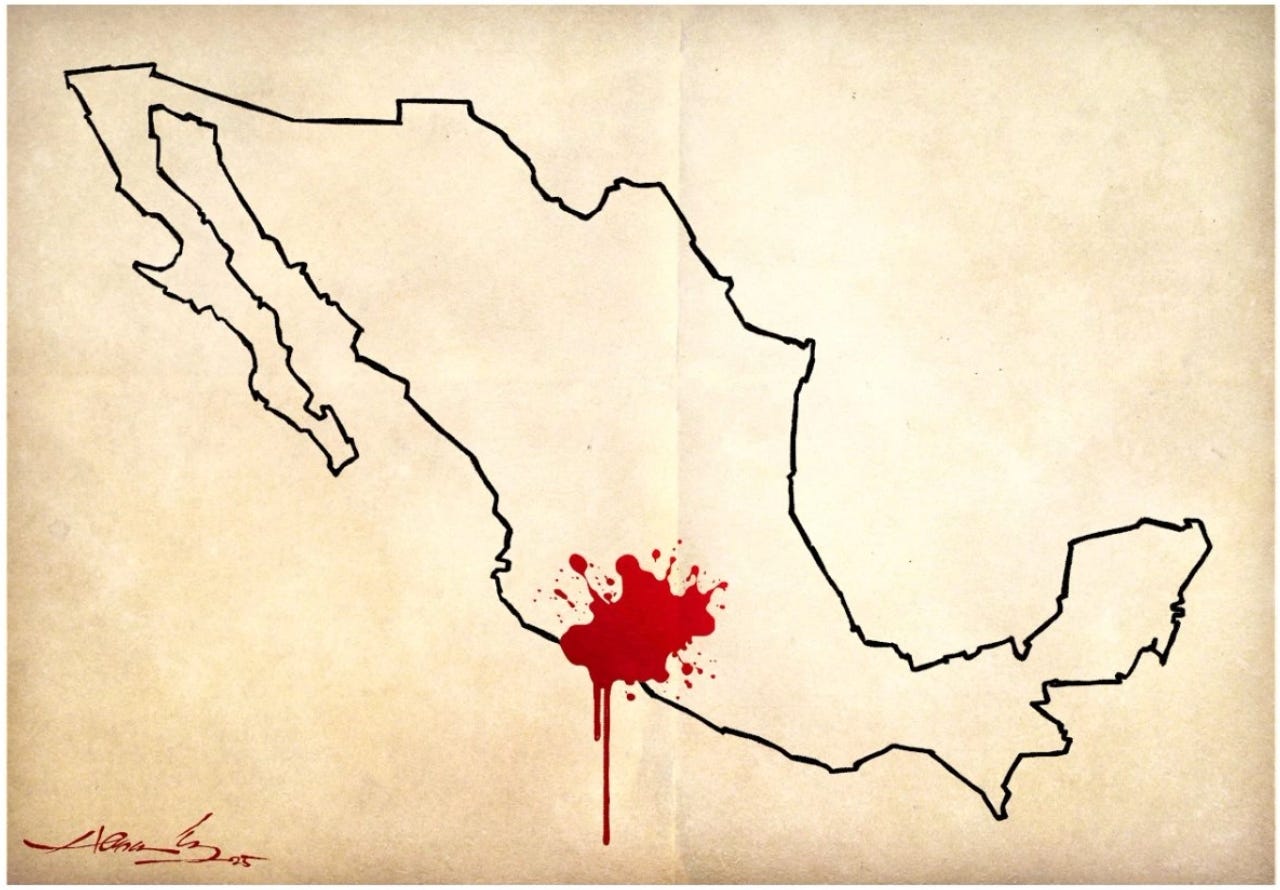
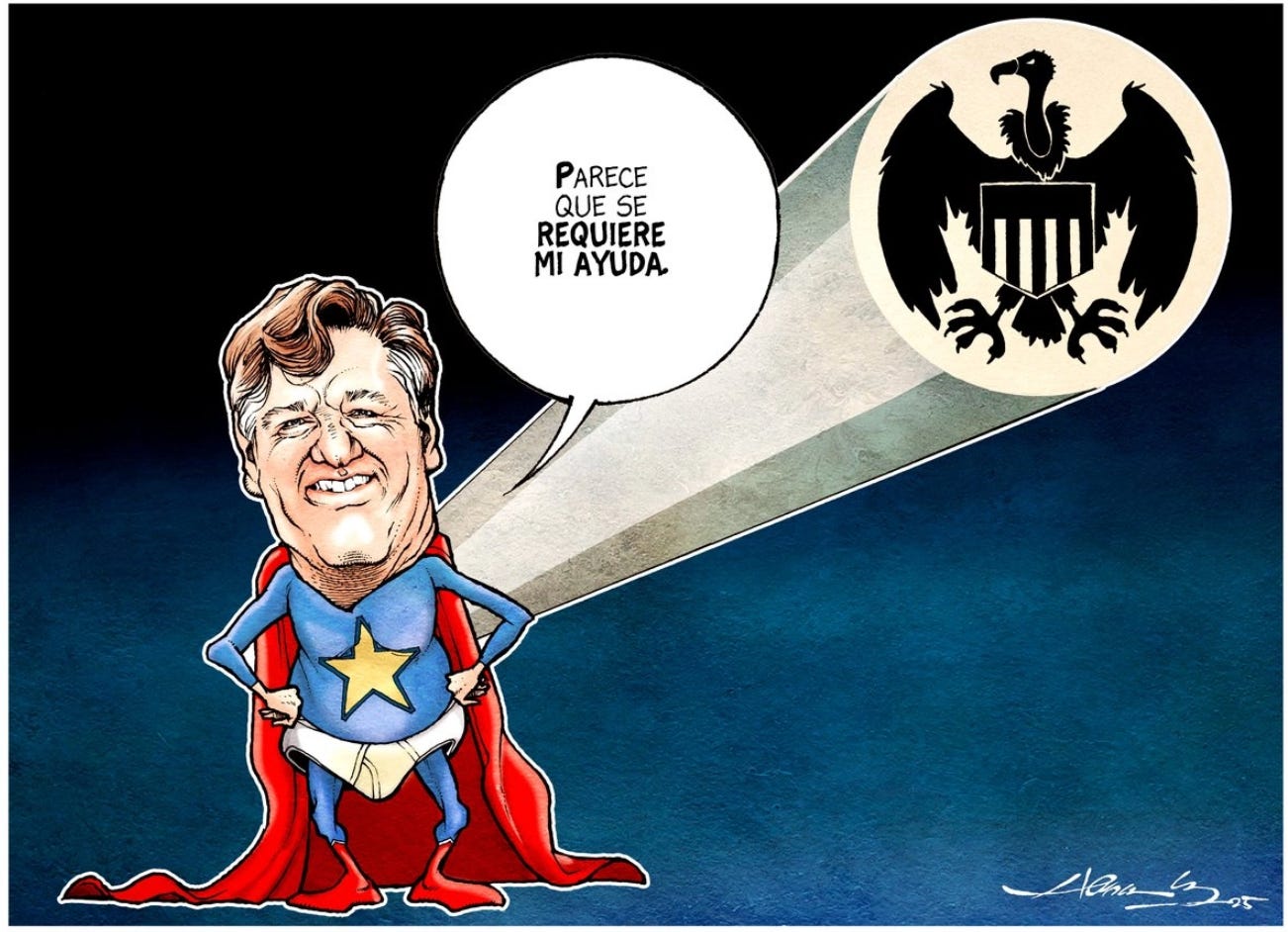
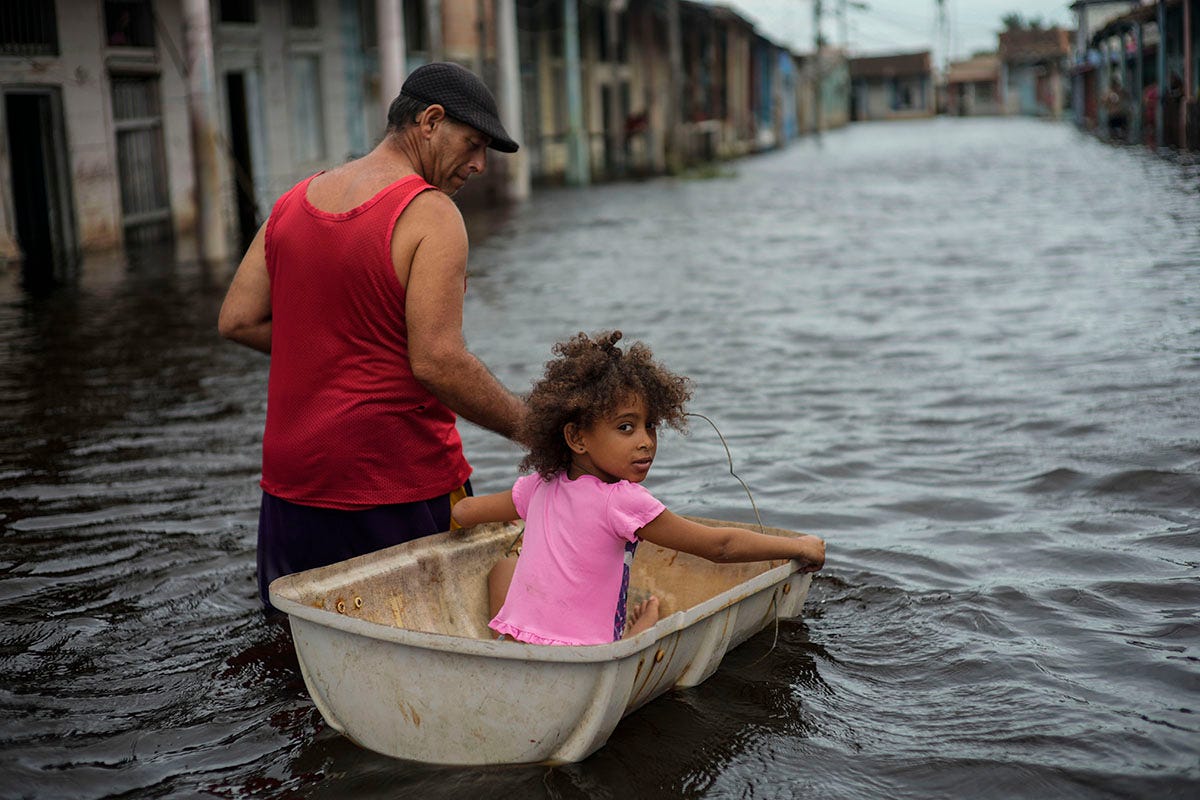
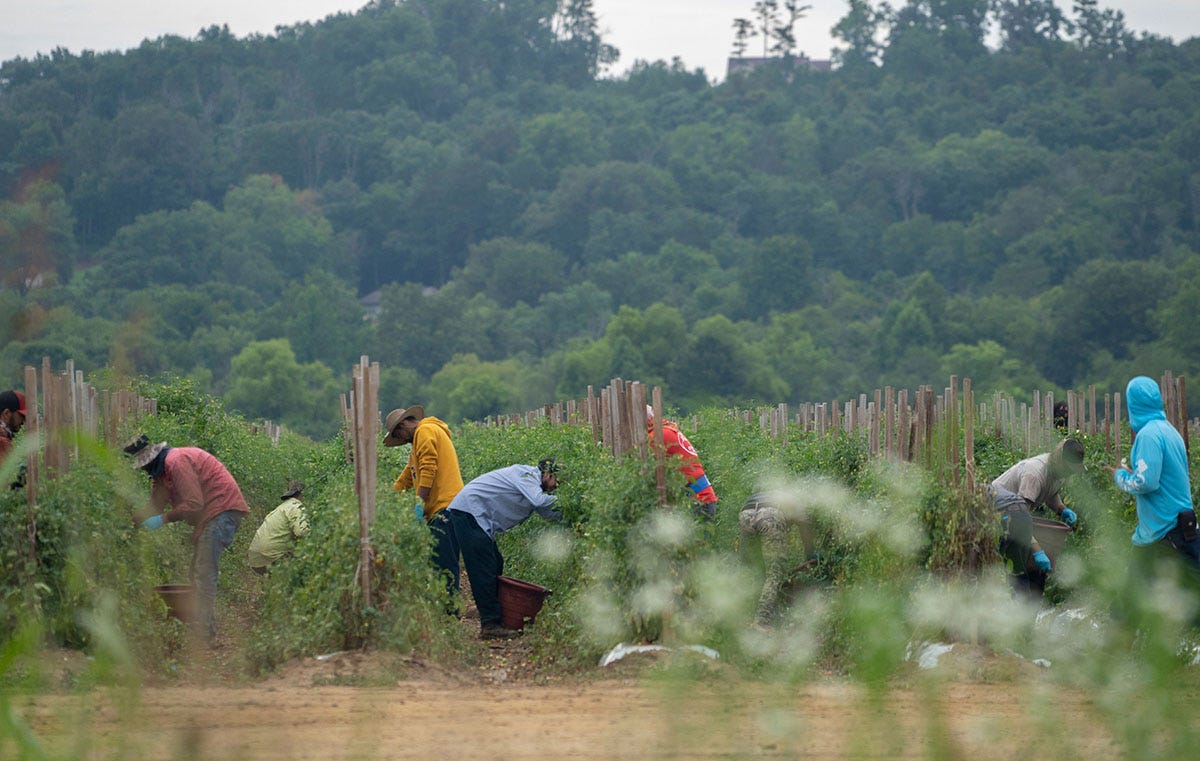
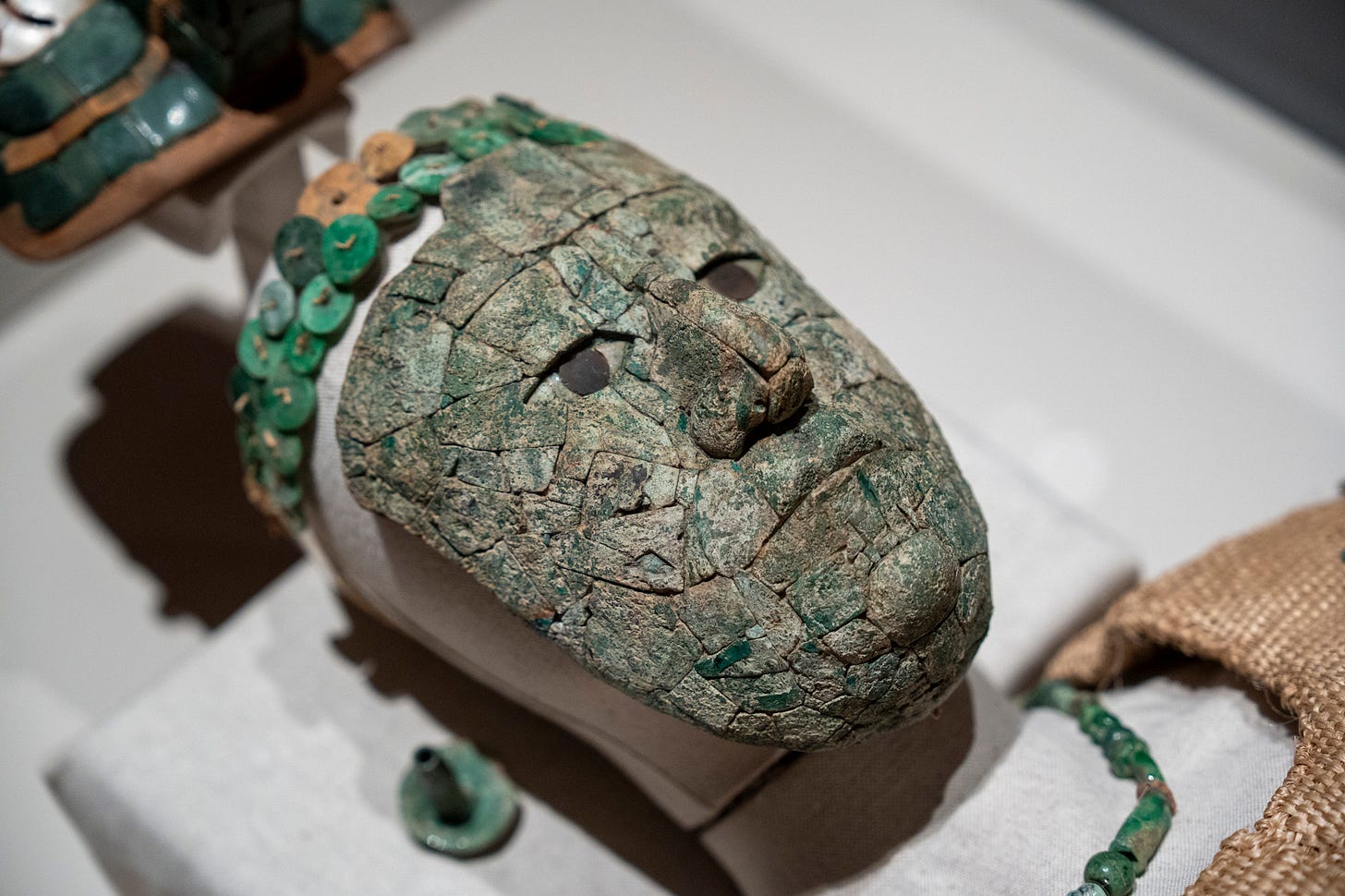
Es impresionante lo difícil que es enfrentar la violencia en México: mientras se apuesta por justicia y desarrollo, la ira y la desesperación exigen respuestas inmediatas frente a asesinatos y crimen organizado. ¿Se puede construir paz real sin que la impaciencia y el miedo de la gente la pongan en riesgo?